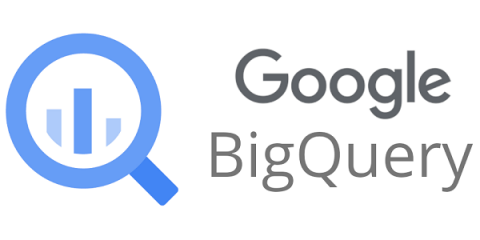What's happening in BigQuery: Time unit partitioning, Table ACLs and more
At Google Cloud, we’re invested in building data analytics products with a customer-first mindset. Our engineering team is thrilled to share recent feature enhancements and product updates that we’ve made to help you get even more value out of BigQuery, Google Cloud’s enterprise data warehouse.









